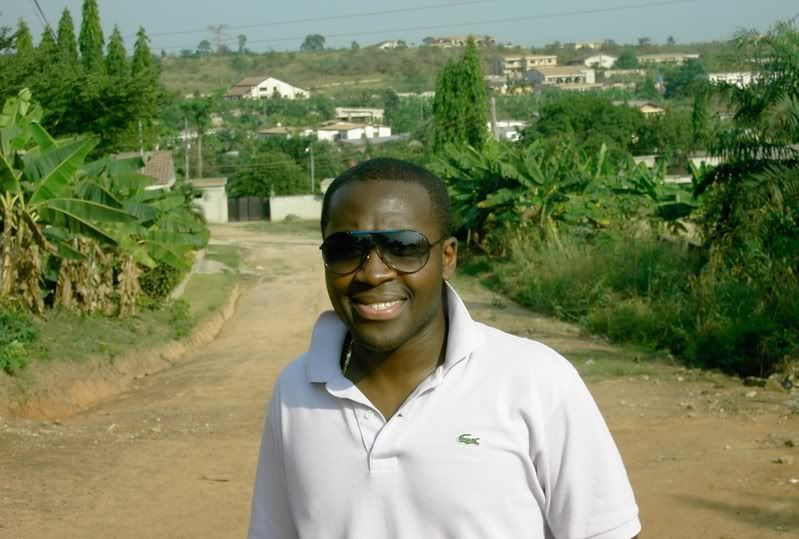MLB Officials’ Tour of Ghana Brings Hope, Painful History By CARL BIALIK AND JASON FRY
Major League Baseball officials toured Ghana early this month, a trip intended to help their sport gain a foothold in West Africa, find new talent and explore the country’s legacy of slavery.
The unusual tour — headlined by New York Mets general manager Omar Minaya, Hall of Famer and San Diego Padres vice president Dave Winfield and Dusty Baker, former manager of the San Francisco Giants and Chicago Cubs — was the brainchild of a New Yorker who is neither a politician nor a baseball official, but works in guest relations at the Marriott Marquis in Times Square. “It was a dream come true for George Ntim, a Ghanaian immigrant to the United States who fell in love with baseball and now is working to bring America’s national game to his soccer-mad homeland,” Karen Palmer writes1 in the Washington Times.
A tour through the news archives shows Mr. Ntim has more-powerful friends than Mr. Minaya, who helped organize the tour. After the 1993 bombing of the World Trade Center, he helped evacuate guests from the Vista International Hotel, where he then worked, earning public gratitude from Rudy Giuliani, who was mayor of New York at the time. Mr. Ntim later helped organize police lodging in the aftermath of Sept. 11, earning him a position of honorary commissioner from former police commissioner Bernard B. Kerik. Mr. Ntim facilitated a meeting between New Jersey Governor James McGreevey and Ghanaian Vice President Alhaji Aliu Mahama, and once attended a dinner for a visiting Ghanaian dignitary, along with President Bush. He’s thrown out the first pitch at a minor-league baseball game in Oklahoma City, and worked with Spalding to get equipment to Ghana last year.
More equipment arrived with this year’s delegation, but much work remains to refashion Ghana as a baseball hotbed. T.J. Quinn of the New York Daily News writes that many of the 100 young players who gathered to meet the visiting luminaries were puzzled about their identities, brightening only when they heard that Mr. Minaya is the one who writes contracts. The visitors, meanwhile, enjoyed watching a miscue-filled game, spotting promise and the joy of kids playing without too much coaching. “The emotion from Ntim, the Ghanaian ballplayers and their visitors is genuine,” Mr. Quinn writes4. “But their mission is not pie-eyed. This is baseball as business.”
When Daniel “Iron” Atiemo (or Atieno, depending on the news account), a 19-year-old shortstop, slugs a home run, Mr. Minaya says the youngster will play in the U.S. some day. “Atiemo floated around the bases, wearing one of the biggest smiles of his life,” Phil Rogers writes5 in the Chicago Tribune. “He said later he was ‘not often a home-run hitter,’ making it even more remarkable that he had seized the moment and made it his own in the most important at-bat of his life.”
The cheerful demonstration games were followed by a grim tour of slave castles, way stations for Africans enslaved and shipped West centuries ago. “Eighteen of the 22 members on this baseball pilgrimage to Ghana were African-American or Latin American,” Mr. Rogers writes6. “Many had traced their family heritage back generations, but all felt an instinctive, immediate connection to these fortifications, where only the strongest men and women survived to be shipped to ports in the Caribbean, England and eventually North America.”
Mr. Quinn posts video of the slave-castle tour on his blog7.




